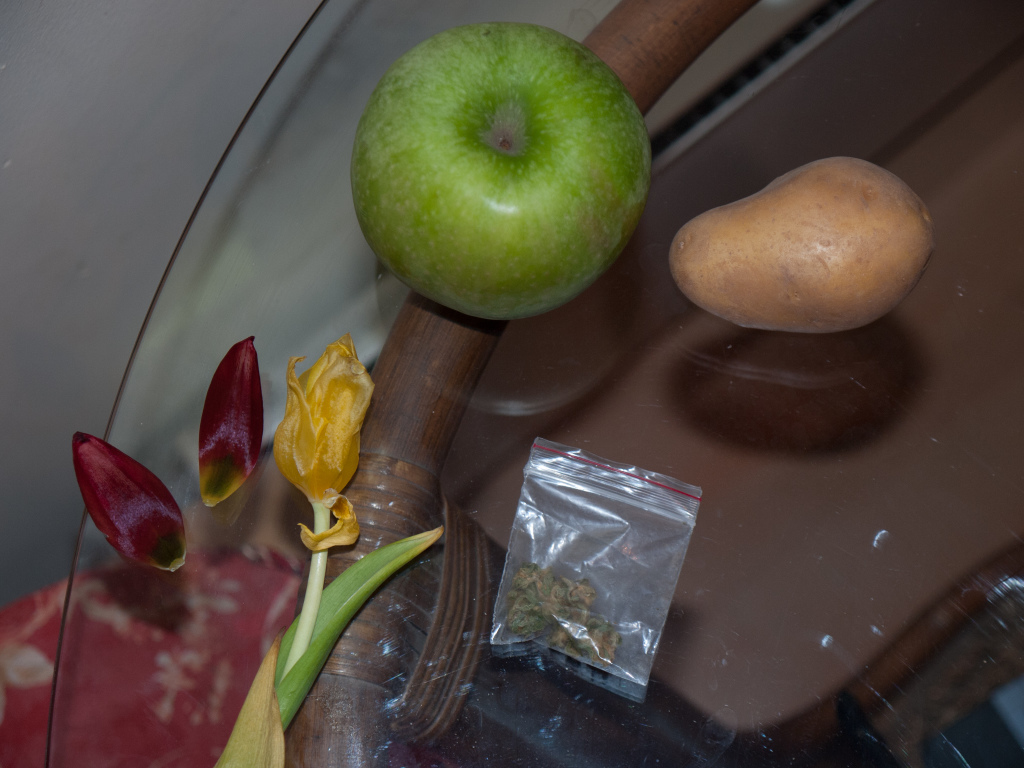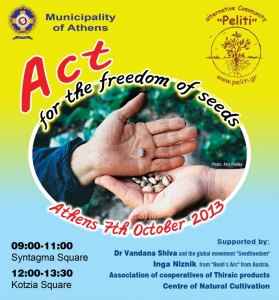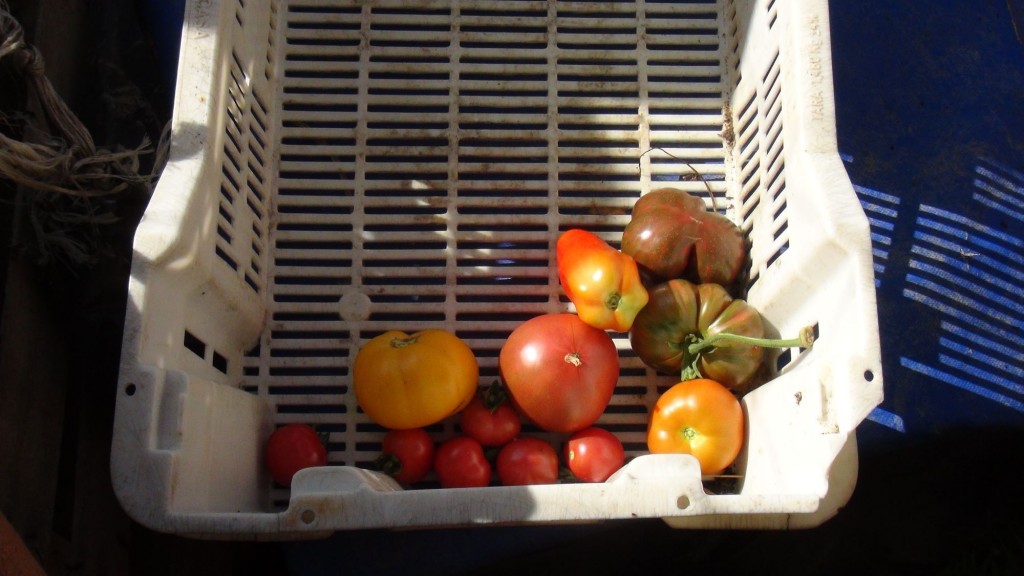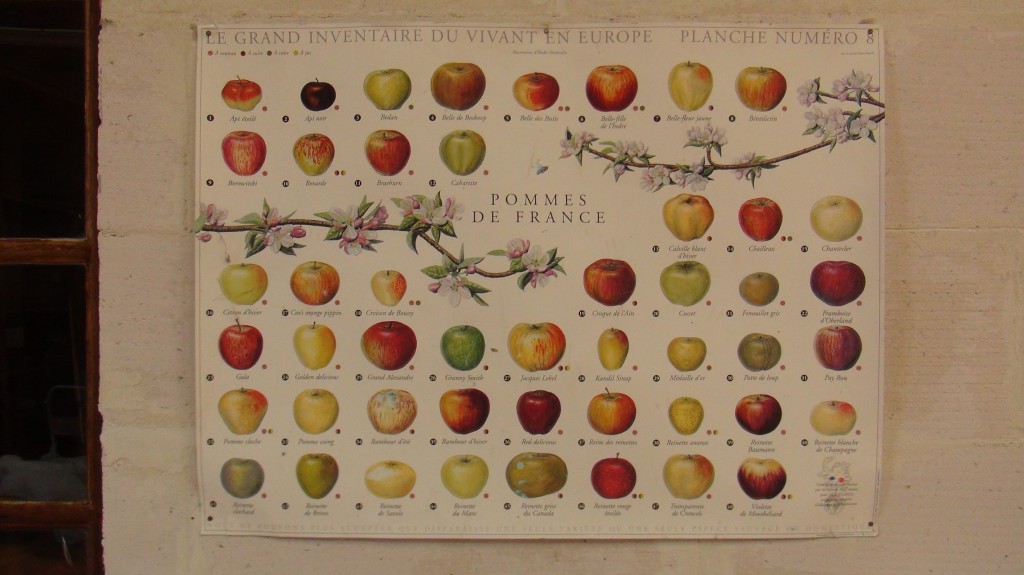 The Botany of Desire: A Plant’s-Eye View of the World by Michael Pollan
The Botany of Desire: A Plant’s-Eye View of the World by Michael Pollan
My rating: 4 of 5 stars
Got this from Audible. Actually, no: I got it for free as a kind of gift for being a subscriber but got tired of Audible and its DRM bullshit so I downloaded and listened to a pirated version of this and subsequently unsubscribed from Audible. Ahem.
In this surprisingly old book (it was written in 2002) journalist and plant aficionado Michael Pollan takes the well-worn trope of humans using the evolution of plants for their own benefit (i.e. agriculture) and turns its on its head: what if plants have actually used the evolution of humans for their own benefit?
Just to clarify, and Mr. Pollan was well-aware of this too, anthropomorphising evolution or nature and endowing it with such properties as intelligence and design (or intelligent design) is a figure of speech: as far as we know evolution is as purposeful as the flowing of the rivers and the burning of the stars. I’ll leave that one to you.

So, Michael Pollan’s idea was to take four species of plants–the tulip, cannabis, the apple and the potato– and examine how not just we humans have used them for our own needs, but also how the plants themselves, in an evolutionary tango with our own species, played on our desires and took advantage of us, too. The book has four chapters, one for each human desire responsible for the propagation of each of the four species of plant: sweetness for apples, beauty for tulips, intoxication for cannabis and control for potatoes.
“Great art is born when Apollonian form and Dionysian ecstasy are held in balance.”
In the first part of the book, I enjoyed Pollan’s comparison between the Dionysian and the Apollonian; chaos and order; female and male; yin and yang; nature and culture; the apple’s story and the tulip’s story, which both hold the sperms of their opposite inside them, in true dualist nature. I found this quote particularly interesting: “Great art is born when Apollonian form and Dionysian ecstasy are held in balance”, and it becomes more and more relevant as one goes through the book, seeing in every plant’s story the art manifesting itself through the tug–which at the same time is a balancing act–between human structures imposed on nature and nature’s tendency to defy control. Then there’s structure in nature’s chaos and a part that is natural in human structures and so on.
The chapter on cannabis was a little more daring, given marijuana’s legal status (which is, however slowly, changing around the world) and Mr. Pollan shares his insights on that topic and how human societies brought a species underground, where it’s found new life, too. The Apollonian has won, even though the desire itself is Dionysian. Hm. Are all human desires Dionysian, I wonder?
The last chapter was about GMOs and Monsanto’s control on patented potato seeds, including many many other agricultural plants of course. It’s amazing and telling that this chapter, written 12 years ago, seems to sketch the current situation so eloquently. Even though I come from a family background which is 100% anti-GMO, the arguments posited here about the pros and cons of GMOs as well as the pros and cons of organic agriculture seemed very well balanced and neutral to me, and most of all well-argued; in a few words, as close to an objective view as I could hope for. It’s still pro-organic, but cleverly so: it adds an interesting twist from a philosophical, pragmatical and experiential perspective–e.g. the story of the writer’s own batch of GMO potatoes. I would even suggest reading this chapter alone for a nice eagle’s eye view of what’s wrong with GMOs, what they’re supposedly trying to solve and why they’re most probably not going to solve it, creating other unforeseeable problems along the way.
Pollan managed to blend personal experience with journalistic research quite seamlessly and enjoyably, and I feel as though I came out of this read listen more complete and with a greater sense of appreciation for agriculture. Cause you can’t have agriculture without culture. I’m not giving it five stars because… oh I can’t come up with a reason, but hey, I don’t have to give you one, it’s my gut score! It might have to do with the reader of the audiobook whose voice and intonation sometimes annoyed me. I’d give it a 4.5 though, easily.
Thanks go to Karina for first telling me about this book two years ago or so.



